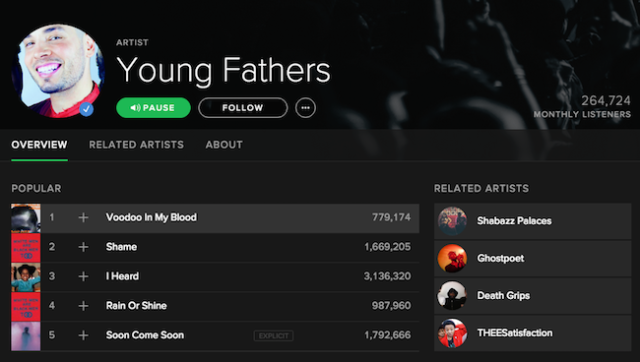
Spotify AB has raised £695 million (~$1 billion) in convertible debt and reportedly promised its investors that they would get a tasty equity return if the Sweden-based music streaming service goes public in the next year.
Private equity outfit TPG, hedge fund Dragoneer Investment Group, and an unknown number of Goldman Sachs clients agreed to sink cash into Spotify, according to the Wall Street Journal. The deal was later confirmed by Spotify, with an agreement expected to close by the end of this week, Reuters reported.
Financial terms were kept secret. The WSJ earlier reported, however—citing sources familiar with the deal—that Spotify's new investors would be able to convert the debt into equity at a 20 percent discount if the company holds an IPO (initial public offering) within the next 12 months.
That discount will apparently climb 2.5 percent every six months until Spotify floats as a public company. In the meantime, the Daniel Ek-run company will, we're told, pay annual interest starting at 5 percent on that debt.
Additionally, sources told the WSJ that Dragoneer, Uber, and Airbnb backer TPG would be able to cash out their shares as quickly as 90 days after an IPO. Typically, there's an 180-day "lockup" period attached to firms upon flotation. So the terms certainly appear to be potentially lucrative for investors.
Spotify, meanwhile, continues to operate at a loss. Last week, Ek confirmed that the company—which claims to have paid some £2.08 billion ($3 billion) in royalties to musicians and record labels to date—has 30 million paying subscribers on its books.
Ten-year-old Spotify has recently been in something of a beatbox battle with Apple, after the iPhone maker launched its own music-streaming service in June 2015—the same month that Spotify was valued at £5.9 billion ($8.5 billion).
reader comments
82